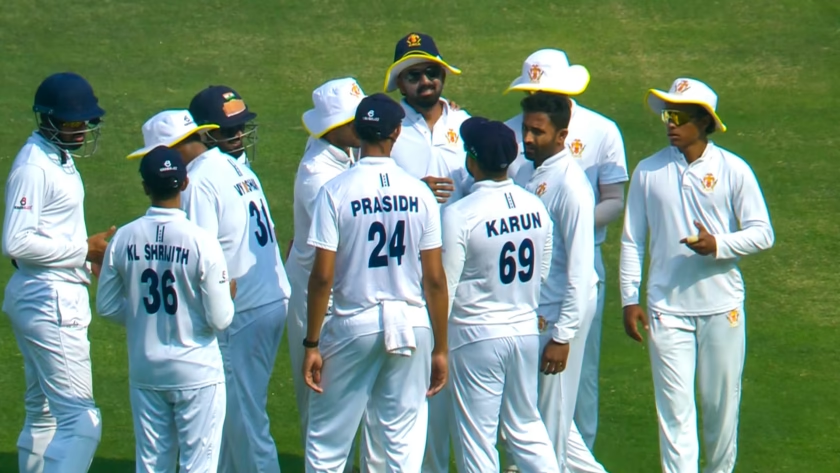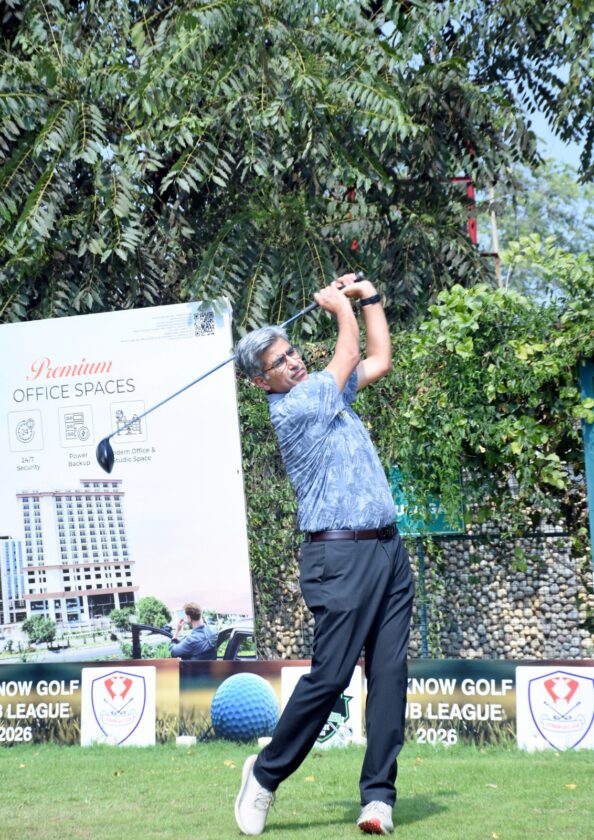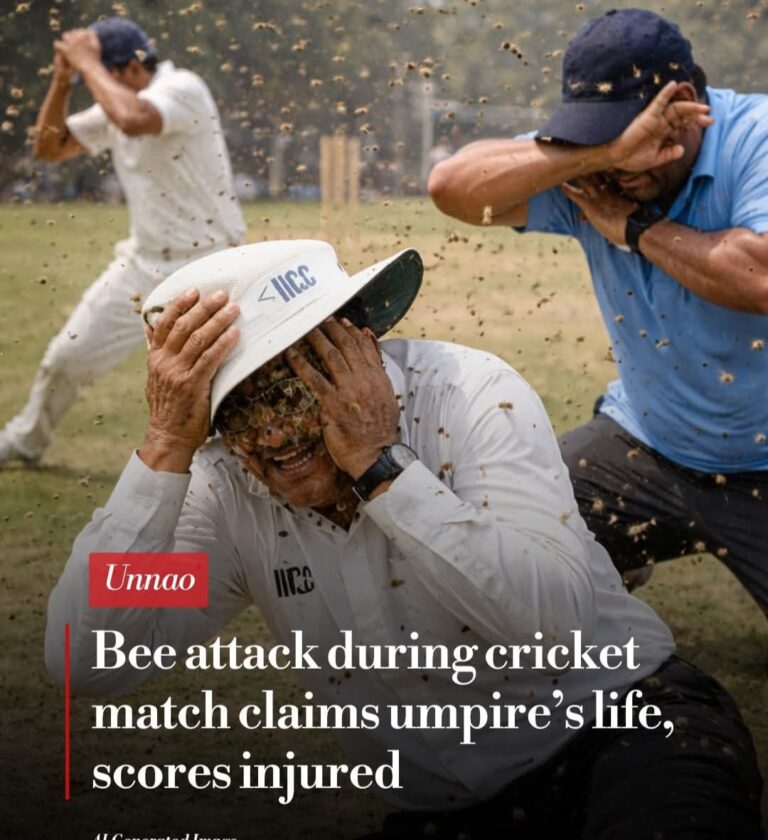New Delhi: Vinesh Phogat’s decision to join the Congress party has significant implications for Indian wrestling, both in terms of the sport’s future and its intersection with politics. Here’s a breakdown of the key areas of impact:
1. Increased Political Spotlight on Wrestling
Vinesh Phogat, one of India’s most prominent and decorated wrestlers, has been a vocal advocate for the rights and welfare of athletes. Her entry into politics will inevitably shine a greater spotlight on Indian wrestling, especially regarding issues of governance, support, and administration in sports.
- Athlete Empowerment: By joining a national political party, Phogat may become an influential figure advocating for the betterment of sports infrastructure, athlete welfare programs, and the rights of female athletes. Her personal experience as a wrestler who has navigated both success and systemic challenges gives her credibility as a potential voice for reform within the sports ecosystem.
- Focus on Wrestling Administration: Indian wrestling, despite its success at international competitions, has faced numerous issues related to governance, transparency, and allegations of mismanagement within the Wrestling Federation of India (WFI). Phogat’s entry into politics could further embolden efforts to address these issues, especially given her history of speaking out against injustice. Her involvement could lead to structural reforms in the WFI and similar sporting bodies.
2. Influence on Policy-Making and Sports Reforms
With Phogat’s stature as a sportsperson and now a political figure, her role could extend to shaping sports policy at a national level. India has often lagged behind in creating a conducive environment for athletes, especially in terms of funding, training facilities, and athlete rights.
- Policy Advocacy: Phogat can become a powerful advocate for sports reforms in Parliament, particularly for wrestling and other Olympic sports that do not always receive the same attention and resources as cricket. If she takes an active role in formulating or advocating for sports policies, it could lead to improvements in areas such as athlete representation in decision-making bodies, better training infrastructure, and an overall improvement in the ecosystem for wrestling and other lesser-funded sports.
- Gender Equity in Sports: Phogat’s career has been defined not only by her sporting achievements but also by her role in advancing women’s rights in sports. As a woman in a male-dominated sport and now a woman in politics, she has the potential to push for policies that encourage greater female participation in wrestling and sports in general, along with equal opportunities and safety for female athletes.
3. Strengthening the Intersection of Sports and Politics
Phogat’s entry into politics is a reflection of the growing trend where athletes in India, and globally, are making transitions into political careers. Her influence could foster a more collaborative relationship between sports bodies and political authorities.
- Sports as a Political Agenda: With Phogat’s involvement, wrestling could receive more attention in political discourse, potentially being used as a platform for broader electoral gains. This could be a double-edged sword—on one hand, it could lead to more support and funding for wrestling; on the other, it could lead to politicization of the sport, with decisions about athletes and competitions possibly being influenced by political agendas.
- Mobilizing Sports Communities: Phogat’s political involvement could also galvanize support from the wrestling and sports community, potentially mobilizing athletes and sports enthusiasts as a constituency. This could be significant during elections, especially in regions where wrestling is popular, such as Haryana. Her involvement could bring sports-related issues to the forefront of political campaigns and debates.
4. Impact on Wrestling’s Image and Popularity
Phogat’s decision to join politics could affect how wrestling is perceived by the public. Her stature as an athlete could help elevate wrestling’s profile, but it could also blur the lines between sports and politics.

- Positive Image Boost for Wrestling: As one of India’s most successful wrestlers, Phogat’s political journey could inspire more young people, especially women, to take up the sport. If she uses her platform to highlight the importance of wrestling, it could further popularize the sport and attract more talent from grassroots levels.
- Risk of Political Polarization: On the flip side, her political alignment could polarize fans and athletes, especially in India’s charged political environment. While some may see her as a hero advocating for the rights of athletes, others may view her political shift with skepticism, questioning whether her focus will remain on sports.
5. Continued Fight Against Wrestlers’ Exploitation
Phogat has been a vocal critic of exploitation and harassment within sports organizations. Her transition to politics might give her greater power to challenge such issues within the system. This could have an impact beyond wrestling, influencing other sports that face similar problems with athlete management and governance.
- Sexual Harassment Allegations: Phogat has been at the forefront of protests against the Wrestling Federation of India (WFI) chief, accusing him of sexual harassment. Joining Congress could give her a stronger platform to continue pushing for justice and broader reforms related to athlete safety and accountability within sports federations.
- Athlete Welfare and Security: By continuing to champion the cause of wrestlers’ welfare, Phogat could push for more stringent measures to ensure that athletes are safeguarded against exploitation, and she could advocate for stricter oversight of sports federations. Her political role could help in creating a safe environment for athletes, especially women, who face harassment or discrimination.
A New Chapter for Indian Wrestling
Vinesh Phogat’s move to join the Congress party is more than a personal career shift—it holds the potential to bring substantial changes to Indian wrestling and sports in general. Her voice in politics could push for much-needed reforms in the governance of sports bodies, increase awareness of athletes’ rights, and strengthen female representation in both wrestling and politics.
While there are risks of politicizing the sport or alienating segments of the wrestling community, Phogat’s entry into politics is largely seen as a positive step toward elevating the importance of wrestling in India. It reflects the broader trend of athletes transitioning into roles where they can affect change at a systemic level, signaling a new era for Indian sports where the intersection of athletics and politics becomes increasingly impactful.









